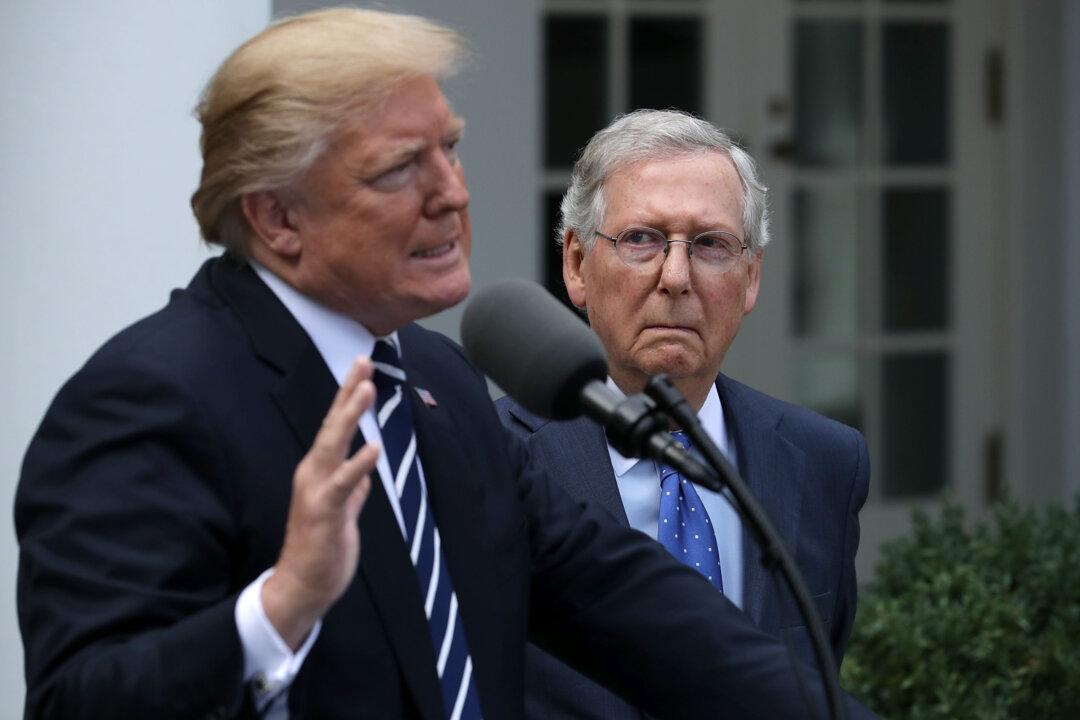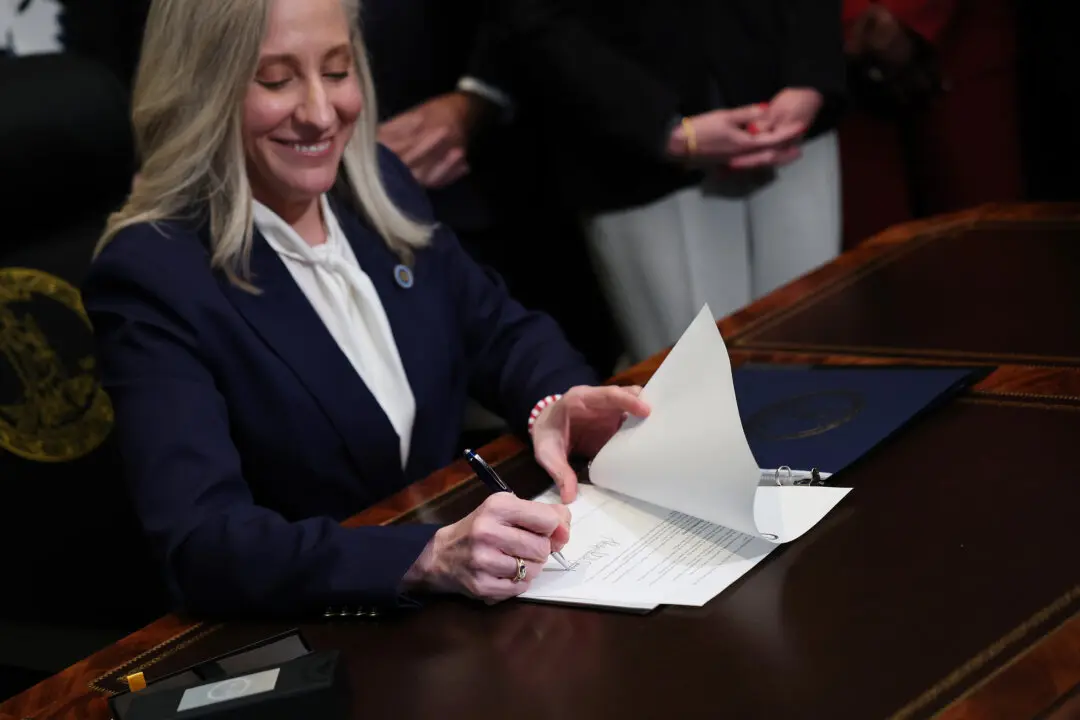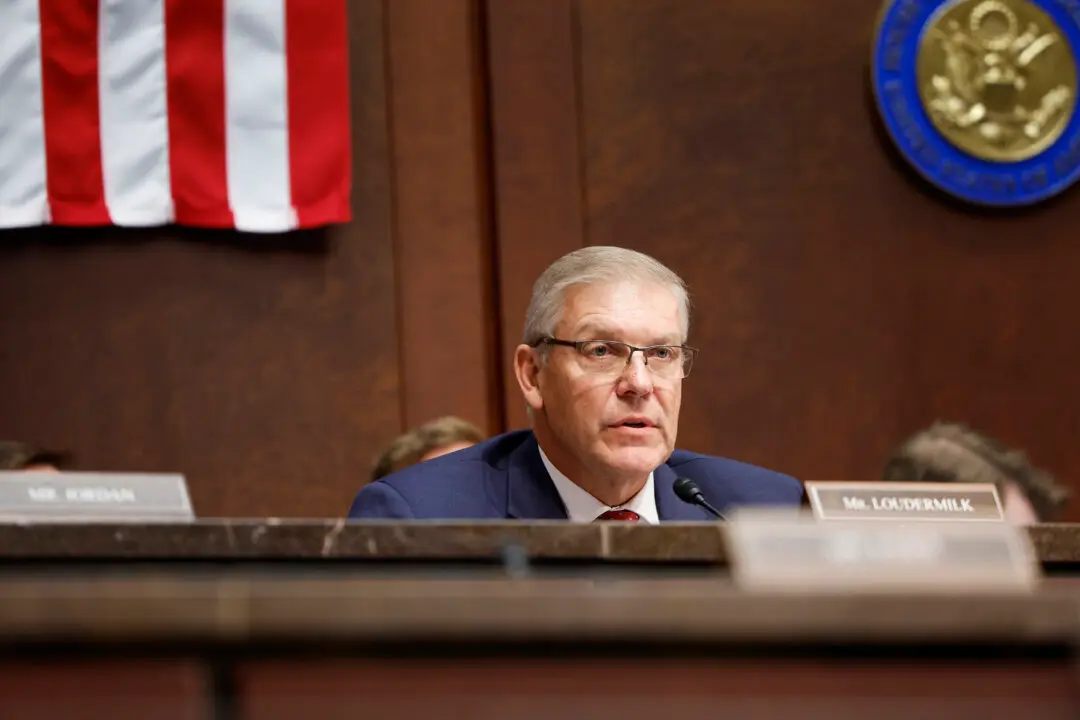WASHINGTON—After Republicans won control of the U.S. Senate in the 2024 general election, the party is expected to leverage its power to remake the federal judiciary and pass a slew of conservative legislation on taxes and government spending.
As of Jan. 3, 2025, Republicans will hold at least 52 seats in the Senate after winning three new seats in battleground races in Ohio, West Virginia, and Montana.





